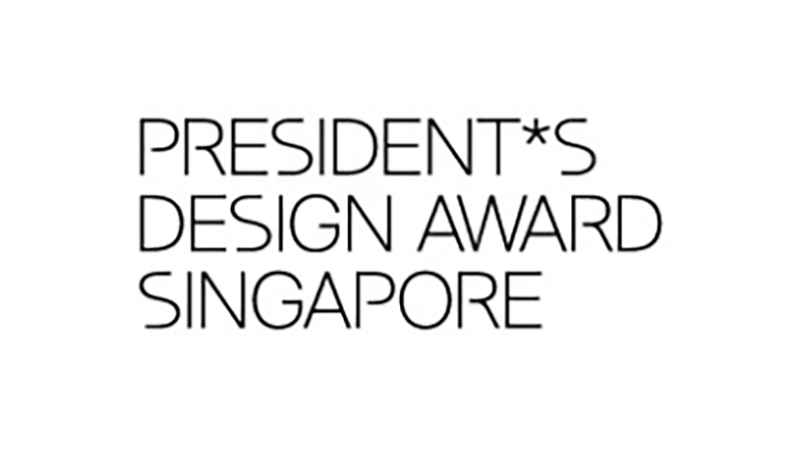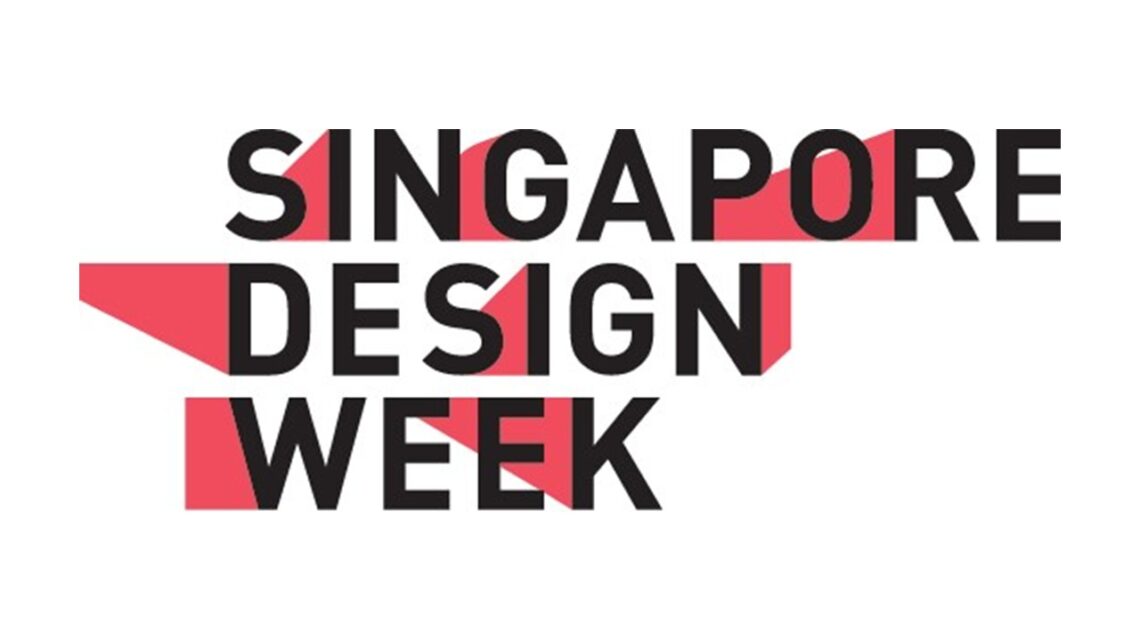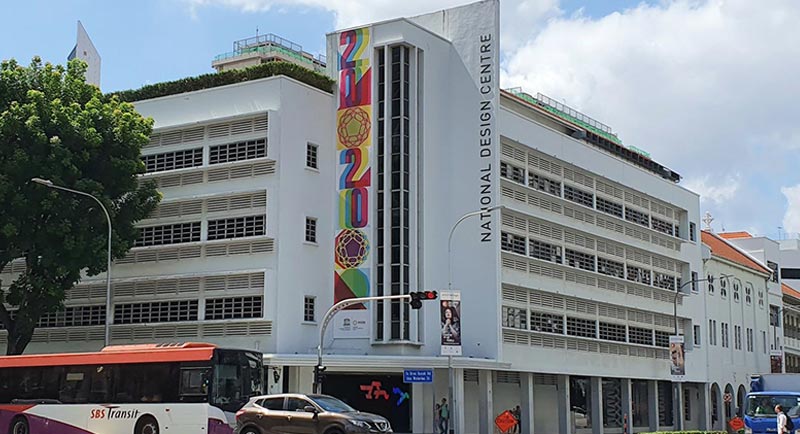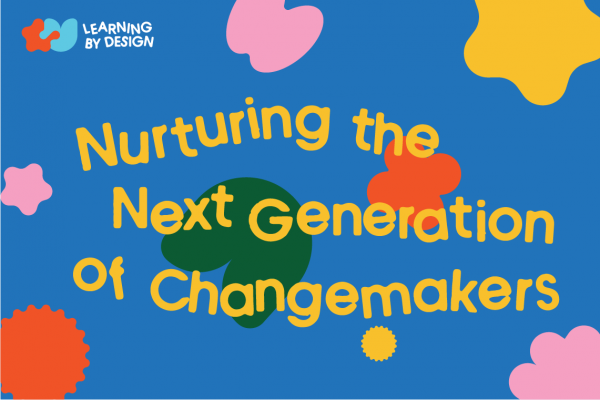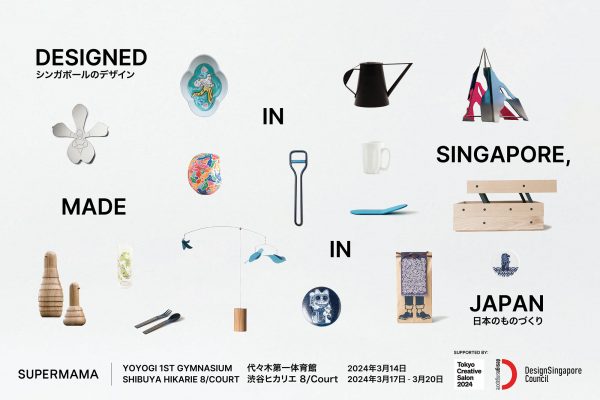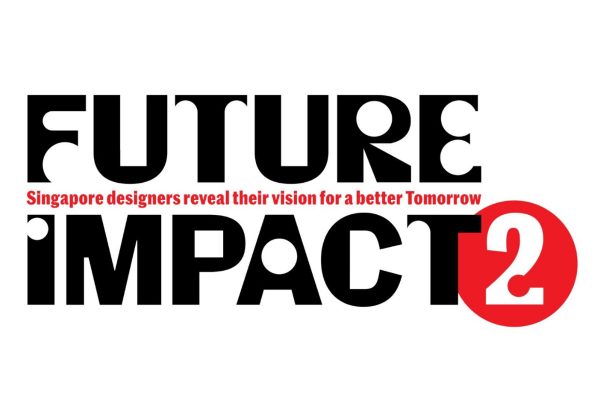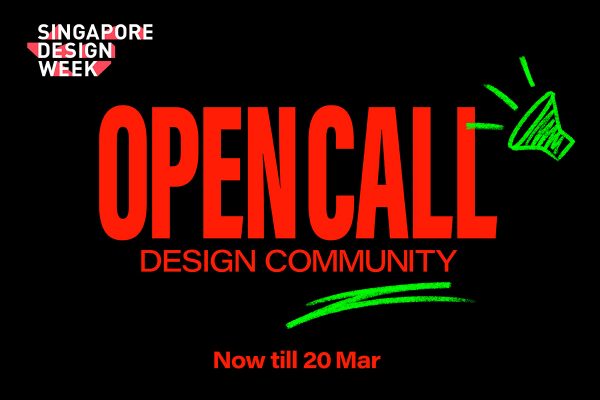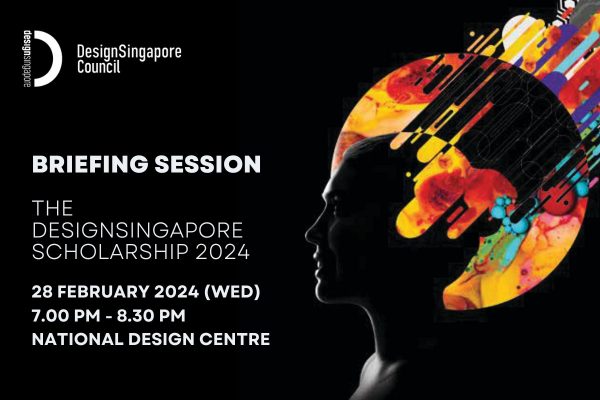Former industrial designer shares the secret to his successful career switch
March 2020 will be remembered by most Singaporeans as the month the pandemic hit home and caused unprecedented disruptions to life as we knew it to be. For Lok Bin Kai though, it was also when he embarked on a fresh chapter in his career. He had the six-month Career Conversion Programme (CCP) for Experience Design (User Experience/User Interface [UX/UI])1 to thank for his career change.
Since being renamed from the Professional Conversion Programme to the CCP, the programme continues to support mid-careerists in picking up a new skill to change occupation or industry. Formally an industrial designer in the MedTech sector, Bin Kai decided to participate in the CCP as he was keen to explore a different career pathway in a new and emerging design role.
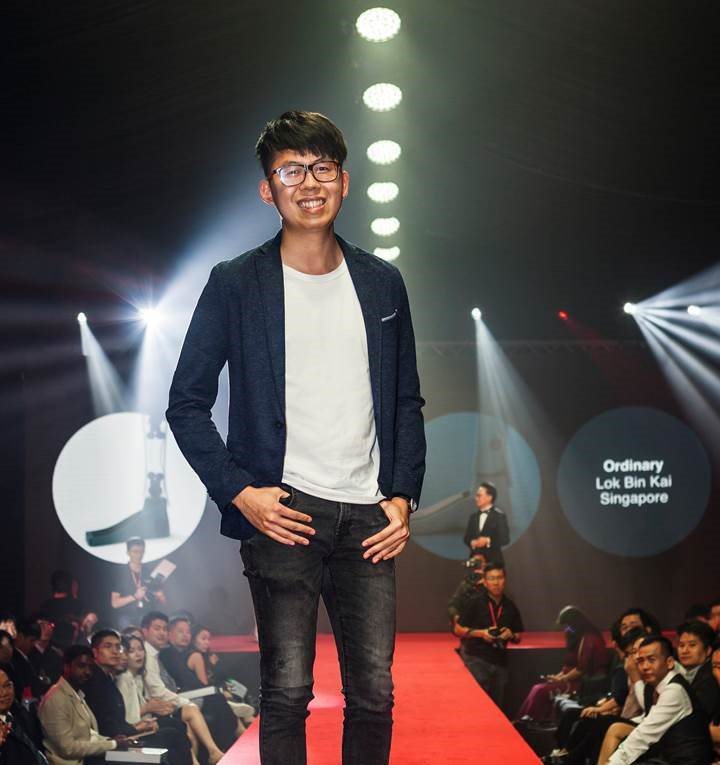
“The CCP offered training in the relevant skills I required to take on an experience designer role in Design Sojourn, a strategic design and innovation consultancy that I was placed into at the start of the CCP. These skills include ethnographic research methodology, UX for digital and spatial design, and design thinking. I was also provided the opportunity to apply what I learnt in a real-world collective project and concurrently received on-the-job training,” Bin Kai explains.
“The CCP gave me greater confidence in applying UX knowledge and tools I have acquired in my work, and better prepared me for the collaborative projects I am involved in. Furthermore, the certificate is industry-recognised.”
An Ideal Candidate for the CCP
Bin Kai was unfamiliar with the demands of being an experience designer as he had studied Product/Industrial Design during his tertiary education years, prior to entering the workforce.
Before he joined the CCP, his job was focused on improving the design of blood pressure-monitoring wearable products. But he found himself constantly running into roadblocks while trying to convey his thought processes to colleagues from other teams, especially those who were not trained in or familiar with design.
For instance, he was trained in school to use various tools (i.e. mood boards) to communicate the intent of his design concepts. However, his colleagues were more interested in adapting from existing designs of products that were doing well in the market.
“I was unable to effectively communicate my design strategy and this did not do justice to the ideas I came up with,” he says. “I also learnt from the CCP the importance of involving various stakeholders in the iteration process, and to leverage research tools and facilitate meaningful conversations.”
Key Takeaways
Running from March to September 2020, the programme was intensive, to say the least. Bin Kai found himself juggling between attending training courses and his duties as an experience designer. Fortunately, being able to concurrently work and learn at the same time went a long way in helping him apply the theory he learnt to “live” projects.
Besides learning on the job and through training courses, the CCP also provides trainees like Bin Kai access to workshops and mentoring sessions by industry experts. There is a dedicated real-world assignment, called Collective Project, which allows trainees to apply the tools, methodologies and knowledge they have learnt, while collaborating with other trainees to co-create solutions.
Another major plus point of the CCP: Plentiful, diverse projects and case studies for trainees to explore the UX tools and methods they were taught, make mistakes and learn from them. The CCP taught him to design user-centred strategies across multiple touch-points such as spatial, digital, service and brand, and how he could apply them into rethinking the visitor experience at the National Museum of Singapore and improving the data visualisation of COVID-19 statistics from around the world.
“My takeaways are that I have learnt to trust the UX iterative process, embrace ambiguity and keep an open mind to learning. With a strong foundation in UX design skills, I feel more confident about applying them in my work.”
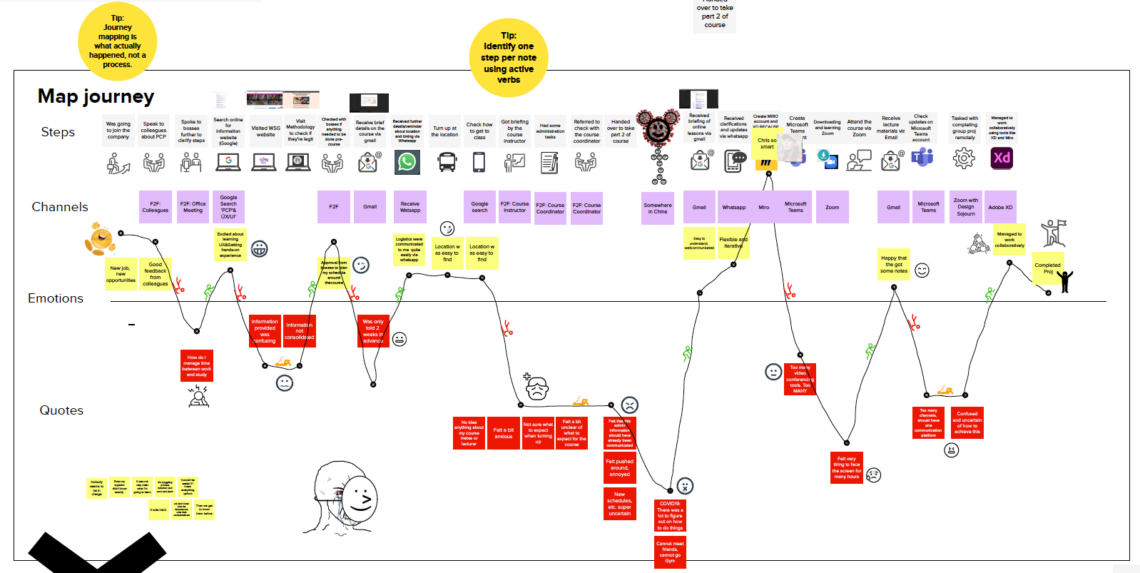
Embracing His New Role
Since he completed the CCP, Bin Kai has worked on numerous projects, but the one that stands out most is helping the Social Service Sector in its Digital Transformation initiative. The goal was to ensure the adoption of digital tools such as the Centre Management System that supports operations, Smart Surveillance System, which leverages behavioural analytics and facial recognition, and more.
He reveals that he was able to apply interview and facilitation techniques and UX research tools to conduct meaningful conversations with various stakeholders, such as the management, case workers, operations staff and therapists. He then redesigned their work processes and ensured a smooth adoption of the various technologies.
“I am now more adept in managing multiple projects and applying the required techniques and skills for my work,” he says. “I still keep the lecture notes and will refer to them once in a while.”
Glad that he decided to make the switch, Bin Kai acknowledges that the CCP has accelerated his progress as an experience designer and made his career switch much smoother, to the extent of allowing him to more recently progress on to a senior UX designer role in a large multinational corporation.
He readily encourages others to take it up: “Go for it and take that leap of faith! What I have learnt is that it is never too late to learn. The CCP is definitely a good way to equip yourself with the relevant skills required to transition into a new job in growth areas.”
If you are looking to explore a career switch, speak to the relevant programme managers who can refer you to hiring companies and obtain funding support through the CCP.
Click here to find out more about the Experience Design CCPs and how to apply for one.
1 For more information, visit https://methodology.sg or contact Methodology at ccp@methodology.sg
